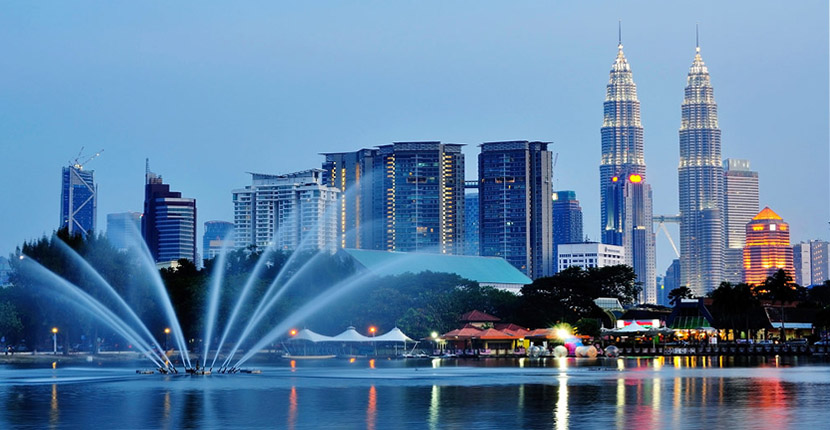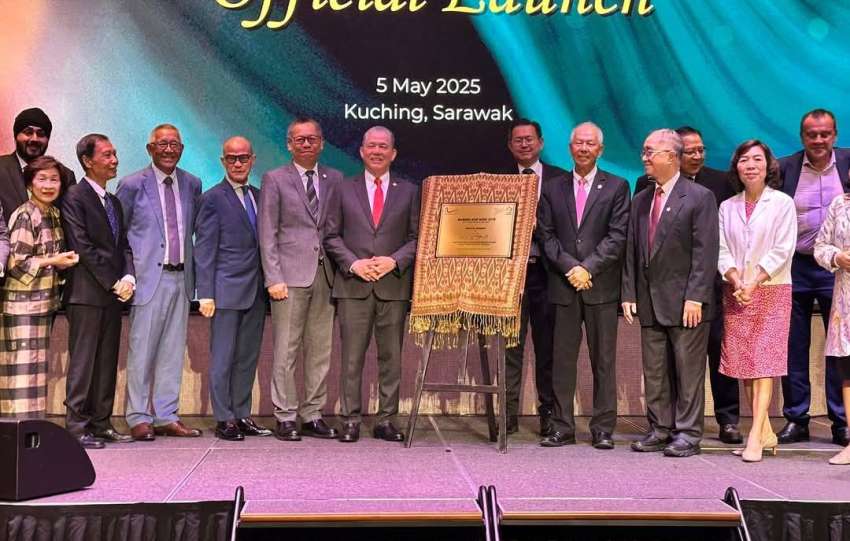March 22 – Environmental, Social, and Governance (ESG) initiatives have become the cornerstone of Malaysia’s strategy to promote sustainability and combat climate change. One of the key focuses of Malaysia’s ESG framework is the reduction of greenhouse gas (GHG) emissions while ramping up investments in renewable energy sources such as wind and solar power. This dual approach reflects Malaysia’s commitment to transitioning towards a low-carbon economy.
Ambitious GHG Emission Reduction Commitments
Malaysia has pledged to significantly reduce its carbon footprint through its updated Nationally Determined Contribution (NDC) targets. The country aims for a 45% reduction in GHG emissions intensity by 2030 compared to 2005 levels, an increase from its earlier target of 35%. This bold move demonstrates Malaysia’s proactive stance in supporting the Paris Agreement and achieving long-term climate goals.
In addition, Malaysia has introduced various policies such as the Climate Change Act and the National Energy Policy 2022–2040 to further solidify its emission reduction strategies.
Expanding Renewable Energy Capacity
To complement its emission targets, Malaysia is heavily investing in renewable energy, focusing particularly on solar and hydropower:
Solar Power Initiatives
Malaysia’s geographical position makes it ideal for solar energy development. Through programs like the Large Scale Solar (LSS) scheme and Net Energy Metering (NEM), the government incentivizes both commercial and residential adoption of solar technology. By 2035, Malaysia targets to have 40% of its energy mix sourced from renewable energy, with solar power playing a major role.
Hydropower and Wind Energy
Hydropower continues to be a key contributor to Malaysia’s green energy mix. Furthermore, while wind energy potential remains limited due to geographic conditions, studies are ongoing to explore viable areas, particularly along coastal regions and islands.
Recent Developments Supporting Renewable Growth
Malaysia’s renewable sector recently attracted significant international investments. Notably, Masdar, the Abu Dhabi-based renewable energy company, committed to investing $8 billion into Malaysia’s green energy projects. This partnership is expected to accelerate the deployment of large-scale renewable infrastructure, strengthening Malaysia’s ESG leadership in Southeast Asia.
Additionally, Malaysia’s aviation sector is taking strides towards sustainability with a goal of net-zero emissions by 2050, supported by advancements in sustainable aviation fuels and aircraft technologies.
Conclusion
Malaysia’s emphasis on reducing greenhouse gas emissions and bolstering renewable energy investment illustrates its dedication to ESG principles. The country’s comprehensive approach not only aligns with global climate objectives but also positions Malaysia as a regional leader in sustainable development. These proactive efforts are paving the way for a greener, more resilient future.
Sources:




